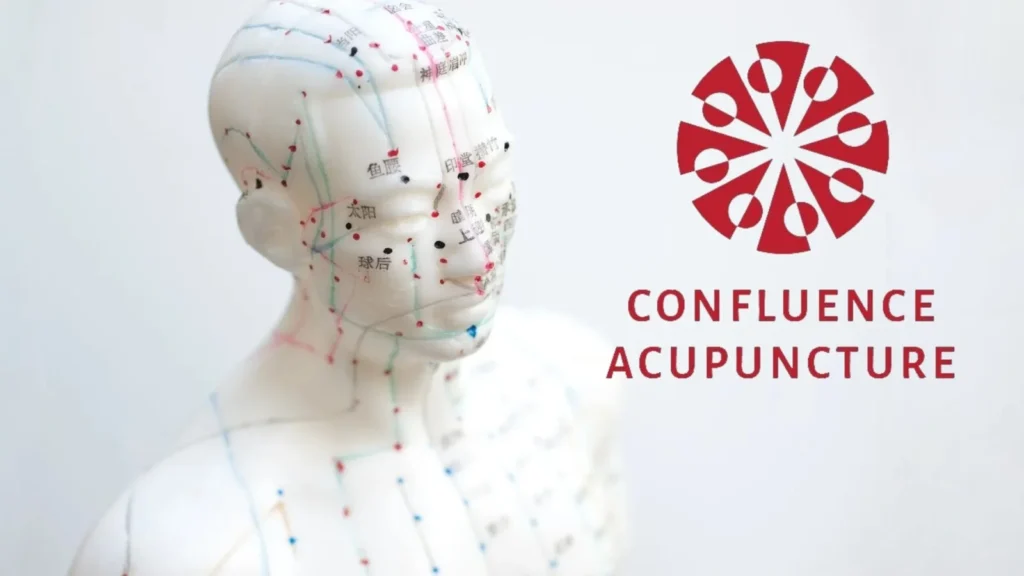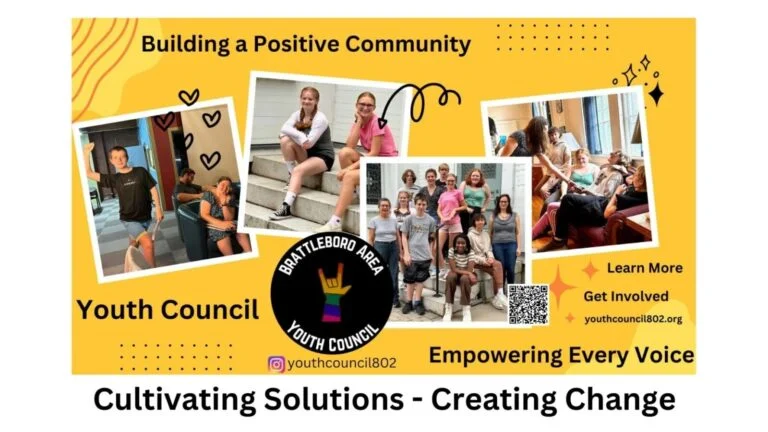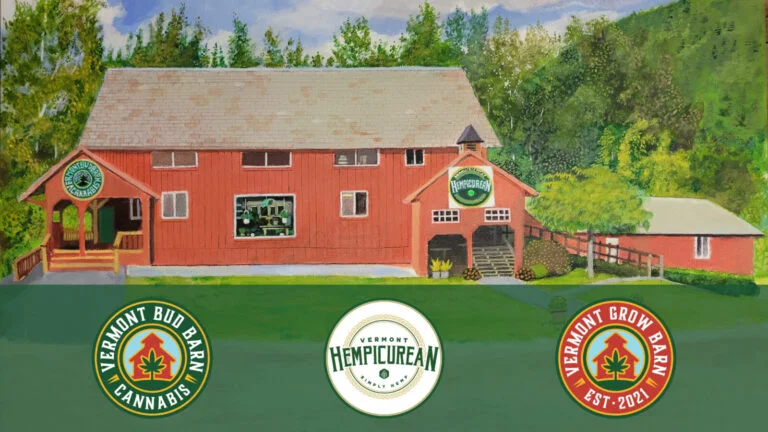How does US foreign policy sow long seeds of instability, authoritarianism, migration, and resentment? That is the central question guiding Blowback, a provocative new speaker series examining the far-reaching consequences of American interventionism. On Thursday, May 15th, 6:30 PM at 118 Elliot, 118 Elliot St., Brattleboro, the inaugural event will feature Stephen Kinzer, acclaimed author, journalist, and foreign policy expert. He will explore how decades of U.S. military action, covert operations, and regime change efforts have reshaped the world—and how those choices continue to reverberate in ways Americans often fail to recognize.
Kinzer is an award-winning foreign correspondent who has covered more than 50 countries on five continents. His articles and books have led the Washington Post to place him “among the best in popular foreign policy storytelling.” His 2006 bestseller Overthrow, which examines the overthrow of the Hawaiian monarchy in 1893 and traces U.S. interventions through the Spanish-American War, the Cold War, and the 2003 invasion of Iraq, inspired the Blowback series.
Stephen Kinzer spent more than 20 years working for the New York Times, most of it as a foreign correspondent. His foreign postings placed him at the center of historic events and, at times, in the line of fire. While covering world events, he has been shot at, jailed, beaten by police, tear-gassed and bombed from the air. Currently, he is a frequent contributor to the Boston Globe.
“Why do they hate us?” That’s the question that many US citizens express in response to political and terrorist attacks on the U.S. Many students and citizens do not understand the ways that U.S. foreign policy, particularly during periods of aggressive military intervention and regime change, have sowed long seeds of instability, authoritarianism, migration, and resentment. While we in the US have a short-term historical memory or lack knowledge of historic interventions, the rest of the world has a long memory for 20th century U.S. intervention and regime change.
Central to deepening a global understanding of these events is the concept of “blowback.” The US intelligence community defines blowback as the “unintended consequences resulting from covert or direct action.” In his 2000 book, Blowback: The Costs and Consequences of American Empire, the late Chalmers Johnson, who was a eminent scholar of Asia, former CIA consultant and self-described “cold warrior,” described the blowback concept: “Officials of the Central Intelligence Agency first invented [the term blowback] for their own internal use… [It] refers to the unintended consequences of policies that were kept secret from the American people. What the daily press reports as the malign acts of ‘terrorists’ or ‘drug lords’ or ‘rogue states’ or ‘illegal arms merchants’ often turn out to be a blowback from earlier American operations.” For example, the US covertly aided in the overthrow of a democratically-elected government in Iran in 1953, which led to the 1979 Iranian revolution and taking of the U.S. embassy and hostages –and two generations of instability.
For 64 years, Windham World Affairs Council has brought the world to Windham County. We build community engagement, dialogue, and resilience by helping people understand complicated issues that manifest globally and locally. Through ongoing programs such as salons, youth and teacher support, and a monthly speaker series led by global experts, we build intergenerational and cross-cultural social connections to create a more inclusive and engaged community. As an independent, nonpartisan organization with an all-volunteer board and a growing dues-paying membership, we present all events, free of charge, to the public and participate as an official chapter of the national World Affairs Councils of America.
Reserve your seat at https://globalblowback.eventbrite.com. There will be a live stream option for this event.
There is a $10 suggested donation. No one however, will be turned away for lack of funds. For more information contact us at admin.windhamworldaffairscouncil.org





